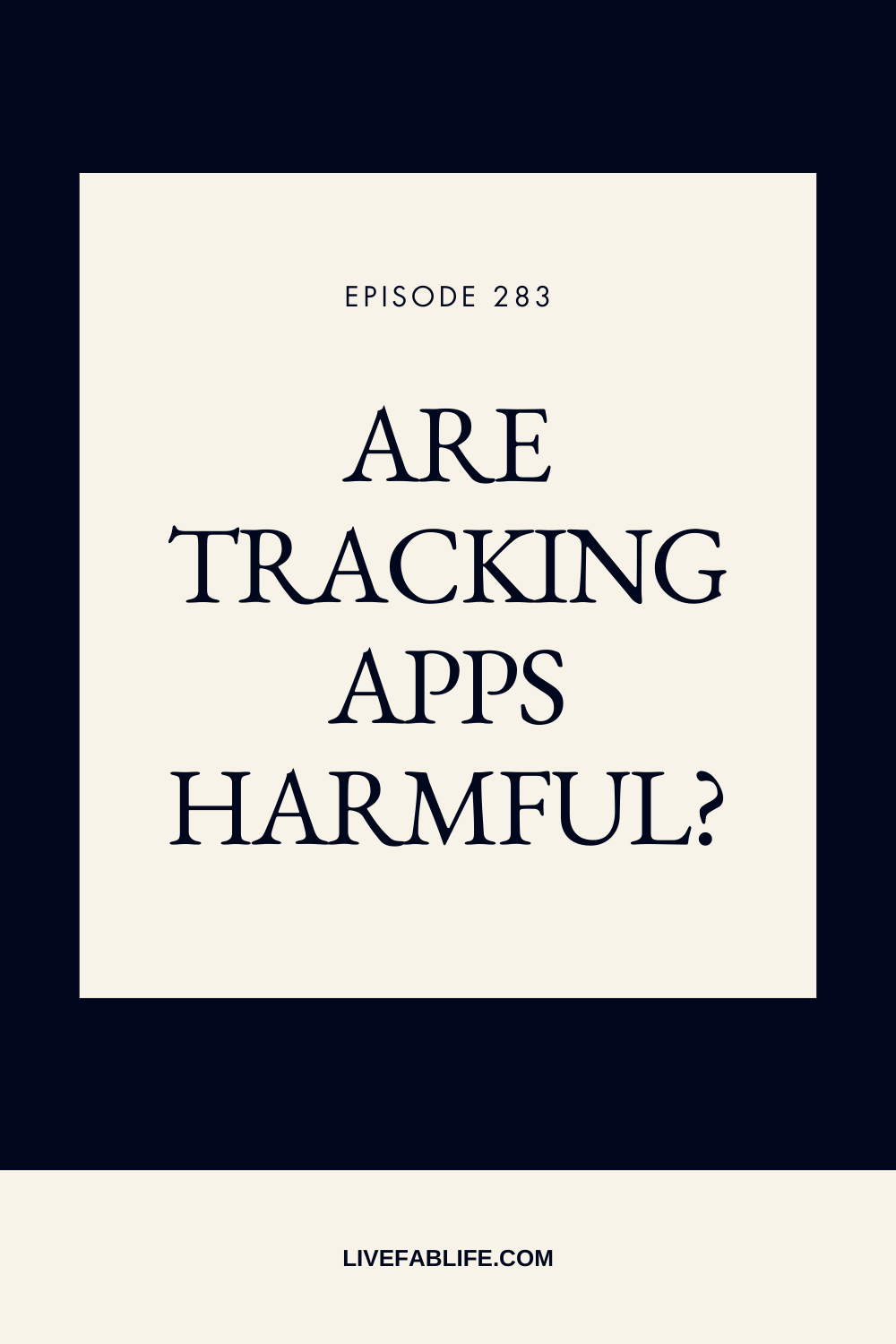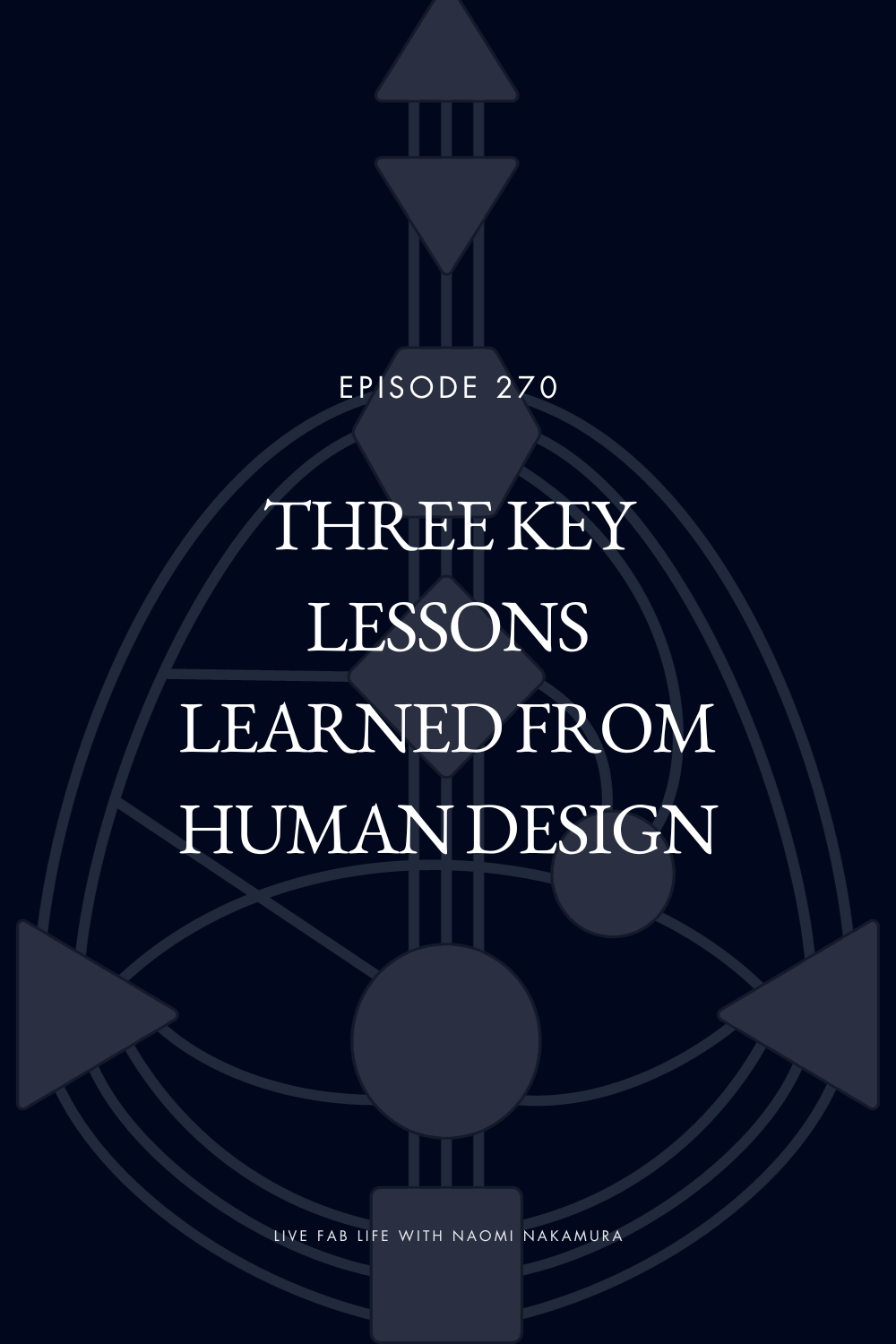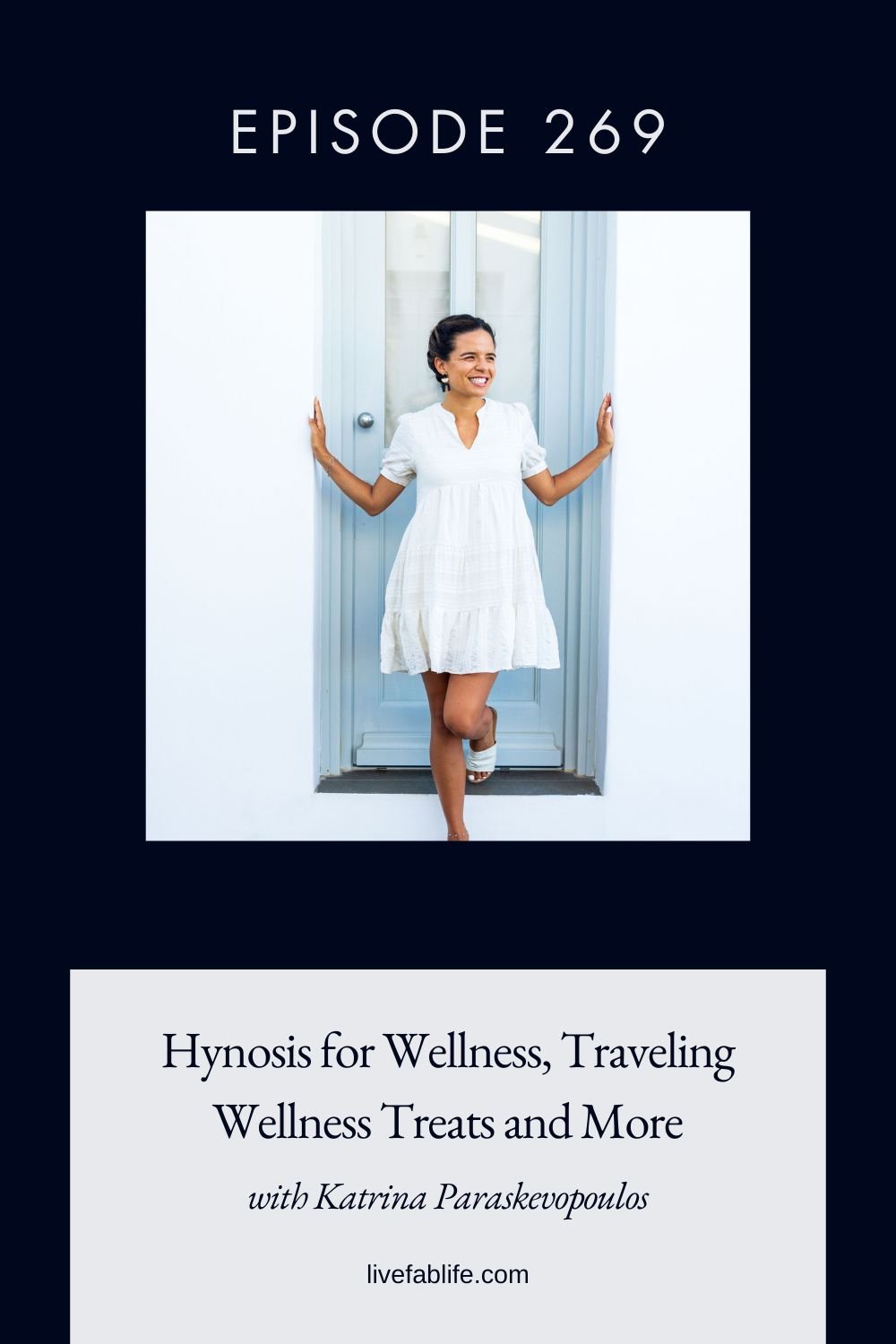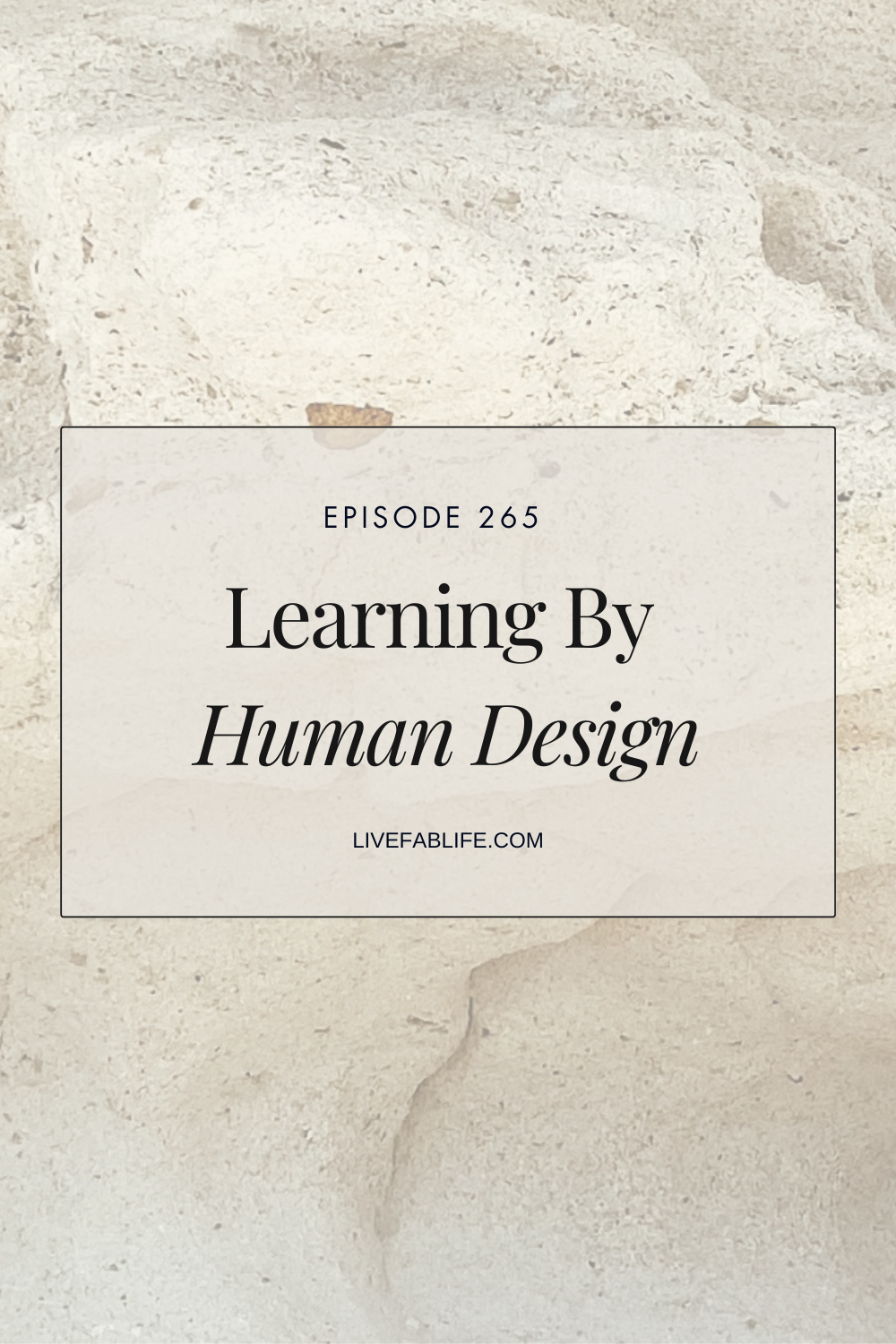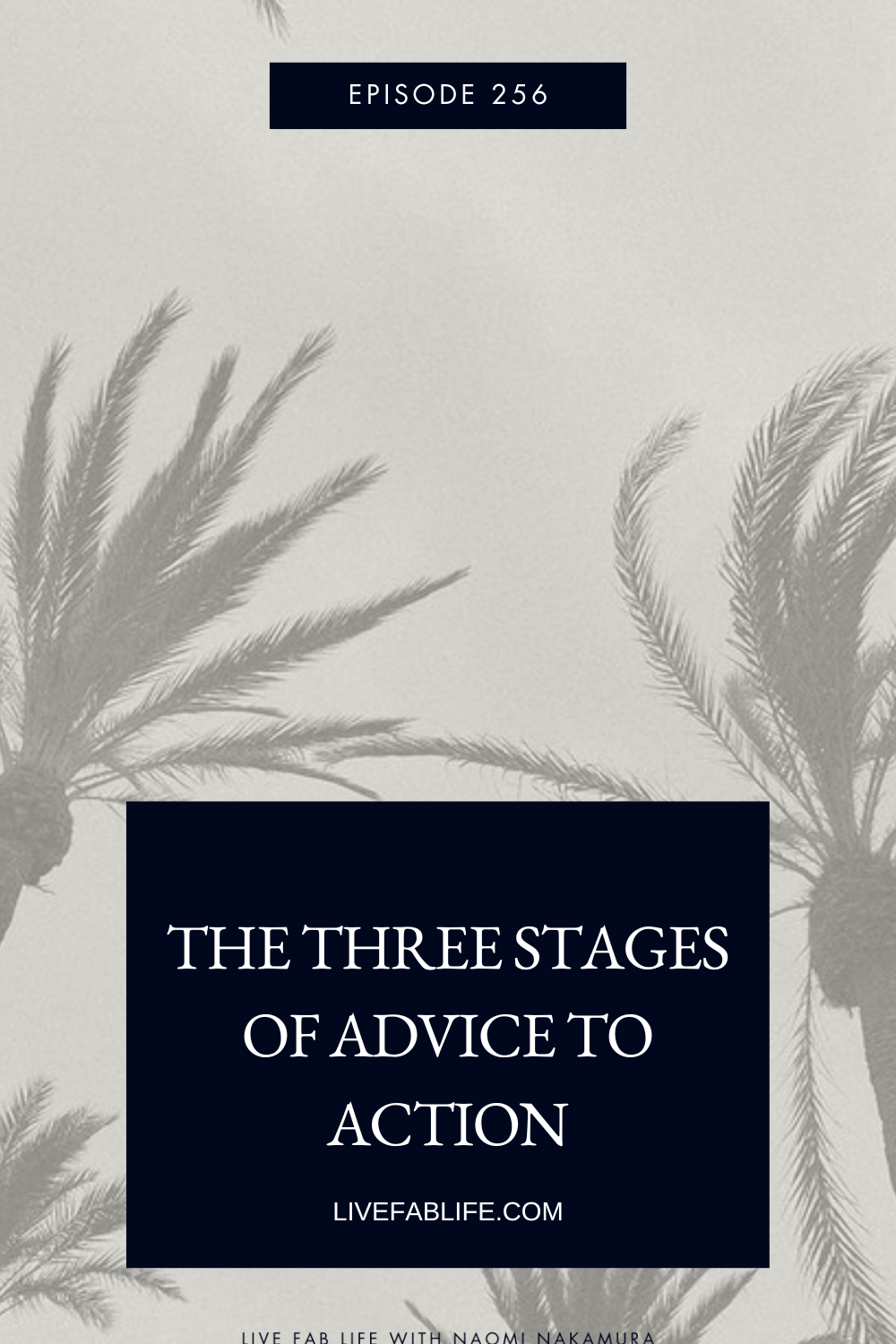Episode 167: What's Really At the Root of Your Burnout?
At some point in our lives, we’ve all experienced dreaded feelings of burnout. Be it from long periods of chronic stress from work, relationships, family, a pandemic, or anything that weighs heavy on us.
If you’ve ever experienced this, you’re definitely are not alone.
In this episode, I share my most intense moments of burnout from different periods in my life, and how I managed to relight the spark to keep on going!
Episode Highlights:
What burnout is
Signs, symptoms, and contributions to burnout
Times in my life I’ve been burnout and what it was like
Four steps to really addressing burnout
Listen to the Episode:
Mentioned in the Episode:
Episode 114: The Reality of Burnout (and What To Do About It)
Episode 121: Understanding Your Priorities & Establishing Boundaries in the Workplace
Connect with Naomi:
Share the Episode:
“We’ve all experienced burnout, so I really want you to think about how that felt, how that showed up for you, what happened physically, emotionally and mentally? And what were the causes of your burnout.”
Read the Transcript:
Hello, my friends, and welcome back to The Live FAB Life Podcast. I'm your host, Naomi Nakamura, and I'm so delighted to be back here with you for another episode.
This episode is going to be the first in a three-part series. I haven't done these in a really long time, so we'll see how this goes.
It’s been decades, literally decades that I’ve struggled with fatigue and burnout. I've talked about this in past episodes, specifically in Episode 085 and Episode 114, if you want to go back and listen to those.
I’d say it's been a lifelong struggle, really, going back to even when I was in high school, maybe even earlier, where I just never felt I had enough energy and that I was always trying to keep up with other people.
And this is what I want to spend this three-part series talking about - burnout, because I kinda feel that's my sweet spot and how I've been helping people with it because, especially in the past few years, I think I've made huge strides in not just what I do to preserve and manage my energy but also how to recover from burnout, because I still go through ebbs and flows of it.
My whole thought process and perspective of how I actually view burnout has shifted. So, in this episode, we're gonna talk about what burnout is.
If I were to define burnout, to me, burnout happens when we are in a state of emotional mental, and physical exhaustion, that comes about from being under a prolonged, extended period of stress. Now, the kind of stress can be many different things, and we'll get into that in a little bit.
But what I really want to talk about is what this extended state of physical, mental and emotional exhaustion feels like. How do you know when you're burnt out? What does it look like? What does it feel like?
Speaking from personal experience of going through burnout at different stages of my life, there's been commonalities, some common themes about how it's felt.
First and foremost, it’s been overwhelming to where I just couldn’t keep up with anything.
If one more person asked something of me, or put something else on my plate, or just I got one more bill, one more email, I felt like I was on the verge of cracking.
I just couldn’t take on anymore. I didn’t have the brainpower, the energy, the capability of dealing with one more thing. That was my mindset behind it.
It was like dealing with things instead of just being excited or feeling joy. We can have a lot of things on our plate that we can still feel really excited about and look forward to. But when I think about overwhelm and burnout, it’s just dread. It's just one more thing that we have to deal with.
Of course, related to that is exhaustion. When we're just so tired, especially physically, it's likely we're not getting enough sleep, or we're getting enough sleep, but we're not getting good quality sleep, right? It's a feeling of tiredness.
The way I differentiate feeling tired or fatigued vs. burnout is that I also get this feeling of apathy where I just don't care. It's like, Yes, I really know I should respond to this person, this person is looking to partner or collaborate or work with me in some way, or I've been working with this other person in my full time job or in my side hustles, whatever, and it's just like, the idea of just having to write one more email is too much for me, and I just, I don't care that I might be losing out on an opportunity.
I never want to feel so apathetic, that I'm costing someone else something, so I’ll find a way to deliver what I need to for someone that’s expecting something from me. But if it's at a loss for me, I'm willing to take that loss just because it's again, overwhelm, dread, apathy, and irritability.
And I can feel all those things at different times. But it's when I feel them all at the same time, that’s my huge red flag that what I’m either on the cusp of burnout, or I’m already there, and it's time to take a pause, and to think about what’s causing my burnout.
So, what does cause burnout?
For many of us, myself included, burnout is most often caused by work, right?
It's caused by maybe working too long hours, which is something that's really common in the tech industry. In my early 20s, I did that, because that's what was expected, and I didn't have the skills to put up boundaries that way.
And so long hours at work, stressful situations, difficult people and colleagues, too many emails…that constant pinging. You open your inbox, and oh, my gosh, sometimes it feels, even just taking a day off or taking some time off is just not even worth it because you're going to come back and have to play catch up. Then what was the point of even taking a break, right?
Or having managers, leaders or people that you work with who micromanage you. It doesn't necessarily have to be someone who you report to, or who might be in your leadership chain, but it could even just be a colleague - they're just constantly being micromanage. I think that’s more exhausting than anything else because you can never relax, you can never let your guard down- you always have to be on guard.
I speak from personal experience that all of these things are what caused my burnout. But there's many other things besides the work that can contribute to burnout.
There are relationships – family relationships, romantic relationships, friendships, there's all different relationships in our lives that can go through really high highs and really low lows. That can be a source of burnout.
It can be other family situations, like maybe taking care of kids, or taking care of elderly parents.
It can be finances; it can be trying to survive a pandemic. I’m recording this episode in April 2021.
We’re a year into the pandemic. I think we're starting to see the light at the end of the tunnel, but you guys, it's been over a year. I know we're all burned out by the whole experience on a global level.
Then there's the mentality of, “Oh, there's so much to do, and too little time.”
All of these things contribute to burnout, especially when more than one thing is going on. That's how you know, it’s really bad.
So, we talked about the causes of our burnout, but let's take a functional approach. You know, in functional medicine, functional nutrition, we really try to look at what the root cause of it is.
Yes, we can look at burnout and think what's causing it. We can say it's work, relationships, all of these things. And yes, that’s absolutely true!
But if you really want to continue to peel back the layers about what's actually at the root of the burnout, there’s an exercise that I’ve gone through, especially in the past few years.
When I’ve looked at my situations of when I've gone through burnout, most recently in the past, maybe year or two, what was really at the root for me was….well, it’s been a few things.
- Lack of awareness, especially a lack of self-awareness
I didn't recognize that I was on the path to being burnt out yet again, right? How many times did I have to go through this for me to recognize and be aware of it? Now, knowing this about myself, again, self-awareness, I'm much more inclined to recognize the signs and patterns that I'm like, “Okay, I know where this is going to.”
- Lack of boundaries
I need to look at my situation and see, “Okay, where am I lacking in my boundaries?” Or, where am I not upholding the boundaries that I have established and set for myself, right?
We can talk about work-life balance. That’s a boundary, right?
I've talked about that in past episodes. Work-life balance doesn’t look the same for everyone. It's relative. It's gonna look differently for all one of us.
But whatever you establish as your work-life balance boundary, when it’s not being upheld, that's when you can get burnt out.
What are your non negotiables for self-care? If you’re not meeting that boundary, if you're not upholding that boundary of what you do to take care of yourself, for yourself, that can be a root cause for burnout as well.
What are you prioritizing? Or what are you not prioritizing?
- Communication
You can have awareness about yourself, you can establish your boundaries, but if you're not communicating what those boundaries are to other people, how can you expect them to help you and respect and uphold your boundaries?
If you don't communicate them, no one else knows what they are. So, if others are infringing on your boundaries, and you haven't communicated them, that's on you. And you can't really blame anyone else because you haven't made them aware of your boundaries.
So, there's self-awareness, but there's also your ability to communicate to others so that others have this awareness as well.
- Self-Trust
And then at the root is also a lack of self-love, a lack of self-care, and really, a lack of self-trust.
Self-trust is a topic that I’ve been exploring a lot. I don't think I've ever talked about it explicitly, as much as I've been thinking about it, but I’ve really been trying to observe, with non-judgement (that's one thing I learned in 2020 - observation with non-judgment), when am I in situations where I just don't trust myself?
I think it was last week, or maybe it was two episodes ago, where I share the episode on listening to my body and having that frustration of looking to other people for answers on how to listen to your body and not knowing how to listen to my body – that was rooted in a lack of self-trust. I was so out of tune with my body that I didn’t know when to trust it.
I think self-trust is so critical to self-care and self-love for personal and self-development. This is something that I certainly wasn't taught how to do, and I feel a lot of us weren’t.
So, this is something that I'm exploring - how do I trust myself? And if I don't trust myself, why not?
When I do trust myself, what is it about that situation where I feel confident and safe to trust myself? What’s different from other situations where I don't feel that safety?
So again, what are the root causes of burnout?
- Awareness of self and others
- Lack of boundaries
- Lack of communication
- Lof self-love and self-trust.
Now I want to share with you three different situations in the past decade that really stand out to me of when I’ve gone through burnout.
The first one is when I overtrained.
If you’re a longtime listener of this podcast, or you’ve followed me for a while, then you know that overtraining is a huge part of my story, because that's really where I began to realize that “Oh, wait, I actually think that I'm this healthy person, but I'm really not.”
It was probably around 2008 when I really started getting into long-distance and endurance events. I’d already been a gym rat for years before that. Long-distance training, that's a lot different than going to a fitness class at the gym.
It's really physically and mentally grueling. It's hard on the body, and I just went through training cycle after training cycle after training cycle without any prolonged rest. It became this obsession that I had. I didn't want to admit it, but I was tired. I was burnt out.
But what did that look like?
For me, it looked like not getting enough sleep. It looked like having an upset stomach all the time. It looked like having major anxiety and being afraid of going on a simple run, because I was so scared that my digestion was going to blow up and I wasn't going to be able to finish the training run.
And guess what all of those things came true! Because I didn't trust myself to rest. When my body was screaming for rest, I didn't respect it’s boundaries. And I didn’t communicate this to my running coach. I didn’t even admit it to myself. So, what happened?
Well, my body rebelled and broke down. I went from running marathons, 26.2 miles, and going through 16–18-week training cycles, to not even being able to run a mile.
That’s really, really tough to deal with. It's very humbling. It tears apart your self-esteem and you’re left wondering what is wrong with you.
It was devastating for me because I had put so much of my self-worth into what the numbers look liked. How many miles I ran, what was my pace, what was my time, and the burnout was not being able to do that.
That was really hard to deal with because in order for me to make the necessary changes I needed to repair my body and my health, I had to make major life changes.
My daily routines had to completely change; my social circles of friends completely changed. It required major life changes to be able to recover from that burnout.
When you read a lot of running magazines and periodicals with advice to avoid burnout, they say to take 1-2 weeks off. For some people, yeah, sure that works. But for most people, especially as you're starting to get older, your body needs way more time than that.
I didn't have the awareness - the body awareness and self-awareness to see this. I lacked in communicating to myself, if that makes sense. And I just really didn't respect myself.
The second bout of burnout is really ironic and really tough to admit again.
So, the overtraining was the catalyst, that led me to go to nutrition school and become a health coach. It really pivoted the way that I expressed my passion for health and wellness.
As you know, I do health coaching as a side hustle. In the first few years of doing this, I spent a year in school, and then continued on to advanced programs, not just in Functional Nutrition, but also in entrepreneurship and in how to build a business.
I was working all the time. I had my full-time tech job, and then all of my spare time would be spent towards starting and building my business.
Ironically, my pursuit of creating and building a health and wellness business led me to burn out. And I know it does for many other people who are in this line of work as well.
I really had to stop and think, “What am I'm doing?!”
The pivoting point for me was a family weekend getaway. I live in the San Francisco Bay Area, and so many of us here, we go away for a weekend getaway to Lake Tahoe. And so, we did!
While I was there, and I was only gone, I think, Thursday to Sunday, or maybe it was Friday to Monday, it was just literally the weekend, I didn’t realize just how much I needed that time off.
That was when I finally had the awareness that, “Oh my gosh, I'm really burnt out!”
It was a different kind of burnout from overtraining and running too much. That was physical burnout.
This time it was all-encompassing; my whole body just felt so tired. Coming back and thinking that I was going to pick up the pace of which I was working again, was not feasible.
So, I really had to think about how I could continue show up. What was it that was trying to do here? Do I really want to grow this health and wellness coaching practice at the expense of me becoming not healthy and not well?
That's where I really had to again, step back and look at what it was I was doing and how I wanted to show up? What changes was I going to make? These aren’t easy decisions. But once you have awareness, establish the boundaries, communicate them, you have to have the self-trust that you're doing the right thing.
The third situation that I've experienced with burnout is one that I know you can relate to because it’s what we've all gone through this past year. Sometimes the circumstances contributing to burnout are out of our control.
None of us had any control over this global pandemic, but what we do have control over is how we respond to it. I spent a lot of time alone in 2020, but a lot of that alone time was spent towards personal development, in which I've shared in recent episodes, was studying Human Design, diving into my craft, and spending time and learning about embodiment and personal growth.
I could have easily just gone down another route, right? In some ways I did, because I kept having this idea that when everything gets back to normal, I'm going to take this extended vacation.
So, I didn't want to take time off from my full-time job because I was like, “Well, we're working at home…” (and mind you this is a little bit of a silly thought because I've been working at home since 2012), but it's like, “Well, I don't want to waste my PTO days because I'm not going to go anywhere. So, if I'm going to be home, I may as well keep working, because that would just be a waste of vacation days.”
That was a mistake. Because even though I wasn't out and about doing things, I was still at home. And the only way to socialize was to be in front of a screen, whether that be on Zoom, FaceTime, or whatever it was.
In order to socialize, we all had to be in front of screens and I was already spending all day in front of my computer for my work. Having then to depend on technology for social interaction was exhausting too. Then there was the whole uncertainty of the situation. Combining me not wanting take days off because I would still be at home, and the mentality of having to still be scheduled or still be in front of a screen, well it got to the point in the Fall where I was like, “I can't do this anymore. I have to take time off.”
I actually ended up taking most of November, and a lot of December off from my full-time job, which was wonderful. I kicked myself for not doing that throughout the year.
So, these were three very different situations at three very different points of my life of experiencing pretty significant bouts of burnout that I've had.
Like I said, I think this is something that we all have to be aware of, because it's very easy to fall into the state of burnout to the point where it’s so magnified, like what I’ve experienced.
It really comes down to recognizing it and then deciding how you are going to respond to it.
That's it for this week. I really want to leave it with you here because I want you to think about times that you've experienced burnout.
We've all experienced burnout, so I really want you to think about how that felt, how that showed up for you, what happened physically, emotionally and mentally? And what were the causes of your burnout.
Then, when you’ve identified the causes, I want you to go a step further and think about, “Okay, what was actually at the root of those causes? Was it because I didn't have boundaries? Was it because I didn't communicate my boundaries? Was it because I just didn't have this awareness about myself or the situation? Was it because I didn't trust myself?
In the next two episodes, we're going to talk about how I dealt and recovered from burnout, using Functional Nutrition and then using Human Design.
I really want you to think about this, ruminate on it.
And if you're so inclined, come have a conversation with me about it. You can leave a comment on the show notes for this episode at www.livefablife.com/167 for Episode 167, or you can come and reach out to me on Instagram. My username there is @livefablifewithnaomi. I respond to all the messages I get.
With that, have a great week, take it easy, and I’ll see you right back here again next week. Bye!
Naomi Nakamura is a Functional Wellness & Human Design Coach. She helps women who struggle with stress, fatigue, and burnout find freedom and empowerment by optimizing their health, finding balance, and upgrading their energy so they can live life on their own terms.
Combining her diverse professional background, and her unique approach integrates Functional Nutrition and Human Design she guides clients on a highly individualized journey of self-discovery, observation, and integration by removing physical, mental, and emotional confusion and overwhelm, simply taking them back to the very basics of health through their Human Design.
She believes that when our bodies function optimally, our personalities and souls can shine through everything that we think and do with empowering clarity and ease.
Naomi resides in the San Francisco Bay Area and can often be found exploring the area with her puppy girl, Coco Pop!
Connect with Naomi on: Instagram
| Pinterest




